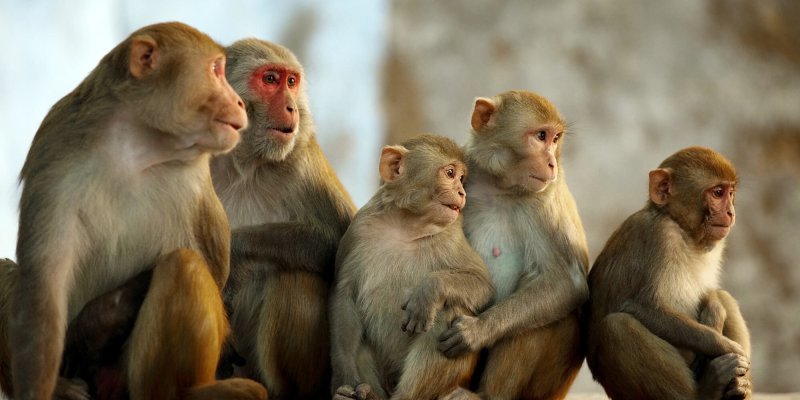The GLP aggregated and excerpted this blog/article to reflect the diversity of news, opinion and analysis.
There’s a persistent belief in creationist circles that the theory of evolution is a house of cards that will collapse if an astute, open-minded person just looks at it hard enough. To facilitate this process, creationists pass around lists of questions which they are certain evolutionists “can’t answer.” The questions emphasized vary from group to group, but the suggested tactic is the same: publicly confront an evolutionist, ideally a professor or teacher, and confound him or her with questions that will expose the structural weaknesses of the theory.
One of the questions that some creationists (and people who simply don’t know a lot about evolution) frequently ask to challenge evolution is: “If we evolved from monkeys, why are there still monkeys?” In the past I’ve simply rolled my eyes at how ridiculous the question is, but I recently realized that it nicely gets at some very serious and common misunderstandings about evolution.
I decided to give this question to students to answer several times throughout the course. First, I used it as a means of (anonymously) assessing their knowledge about evolution as a process early in the course. About a fourth of the class gave confused answers to it, and another fourth could answer it partially but without sufficient detail. After we had gone through basic concepts of evolutionary theory, genetics, and primate phylogenies, I made it the subject of an in-class discussion, so students could learn from each other’s answers. At that point, they had the basic tools to answer the question, and those who participated in the discussion were able to answer it in some detail.
Read full, original post: Why There Still Are Monkeys: Lessons Learned From Teaching Evolution In Kansas































